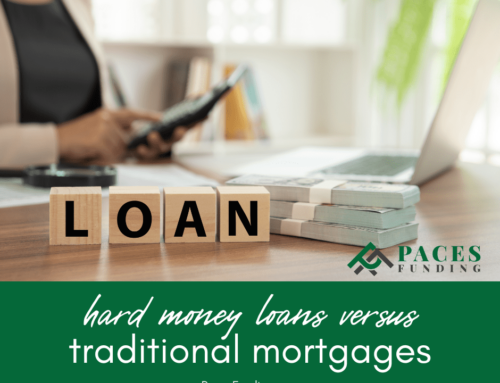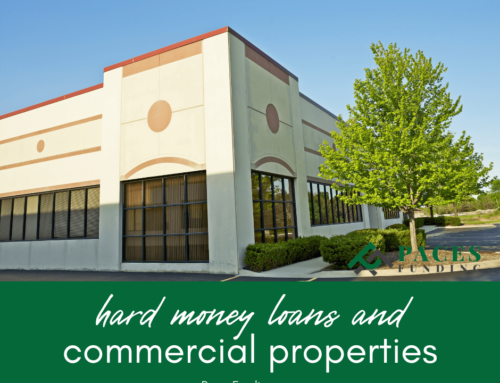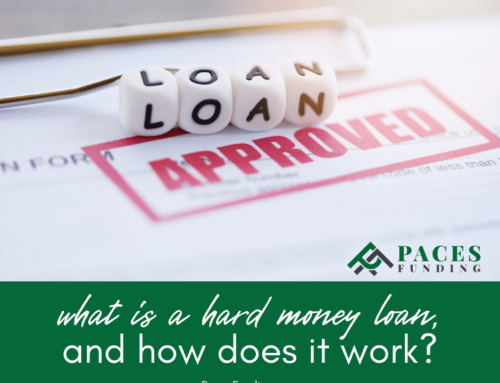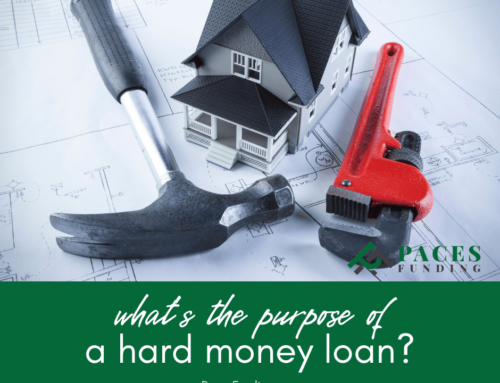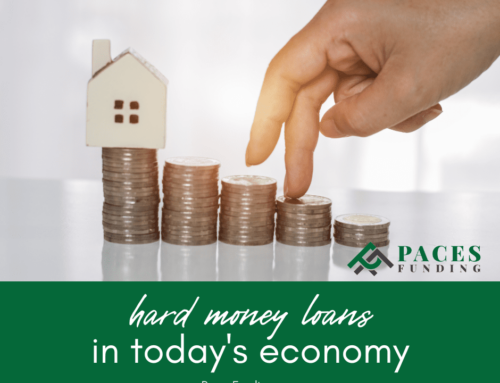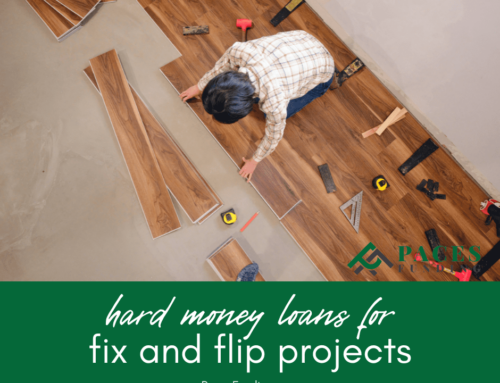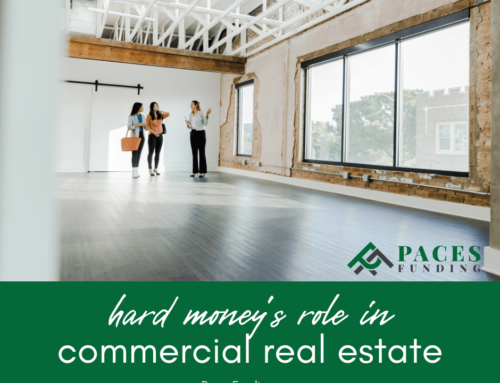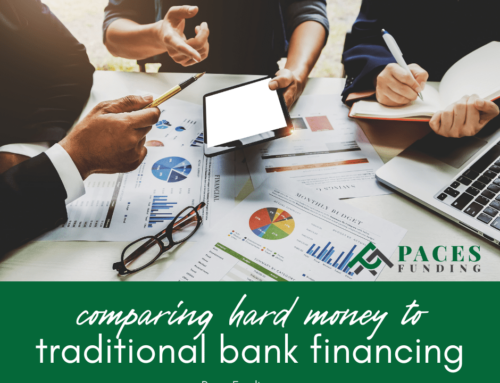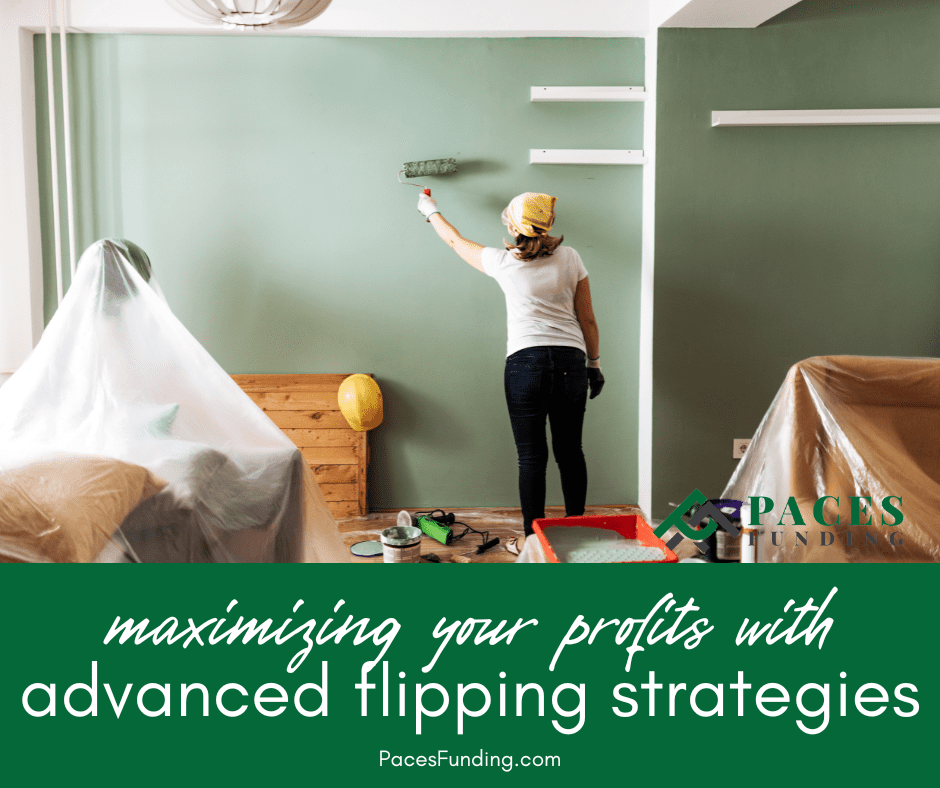
Maximizing Profits: Advanced Strategies for Property Flipping
Property flipping can be a lucrative venture, especially when you’re equipped with the right strategies and insights. This guide is designed to help you maximize your profits in the competitive world of real estate flipping, offering advanced tactics that go beyond the basics.
Maximizing Profits: Advanced Strategies for Property Flipping
In this guide, you’ll discover:
- Finding the right properties to flip
- Budgeting and financial planning for flips
- Effective renovation and design tips
- Marketing strategies for selling flipped properties
- Navigating legal and regulatory considerations
Here’s a closer look at each.
Finding the right properties to flip
The first step in successful property flipping is to find the right properties to work on. It’s essential to look for homes in desirable neighborhoods where properties tend to sell quickly. These neighborhoods are typically more attractive to potential buyers. You should also assess the potential for adding value through renovations. Consider factors like location, school districts, and community amenities, as they can influence a property’s desirability and resale value. Sometimes, the best opportunities can be found in less obvious places, so it’s crucial to keep an open mind and conduct thorough research to identify hidden gems.
Related: Hard money loan information
Budgeting and financial planning for flips
Budgeting and financial planning play a critical role in property flipping. You need to create a comprehensive budget that accounts for various expenses. This includes the costs of purchasing the property, renovation expenses, carrying costs like property taxes and insurance, and a financial buffer for unexpected expenses that may arise during the project. Securing funding is another essential aspect of financial planning. Hard money loans can be a suitable option because they often offer quick approval and focus on the property’s potential for profit rather than your personal credit history.
Related: How much landscaping should you do to sell a flip?
Effective renovation and design tips
Renovations are a significant factor in increasing a property’s value during flipping. It’s crucial to know where to invest your resources. Key areas like kitchens and bathrooms are generally good places to focus on, as they have a substantial impact on a property’s appeal. When making design choices, it’s advisable to keep things neutral and avoid overly personalized or unique selections. This makes the property more appealing to a broad range of potential buyers. Efficient project management and working with reliable contractors are also essential to ensure that renovations stay on track and within your budget.
Marketing strategies for selling flipped properties
Once your property is ready for sale, effective marketing becomes crucial. High-quality photographs and compelling property descriptions are essential to attract more potential buyers. Leveraging online platforms such as real estate websites and social media can expand your reach significantly. Staging the property can also make a big difference, as it allows potential buyers to visualize themselves living in the space. Consider the target market for your property and tailor your marketing strategy accordingly to maximize your chances of a successful sale.
Related: 5 HUGE mistakes to avoid when you’re looking for a property to flip
Navigating legal and regulatory considerations
Understanding the legal and regulatory aspects of property flipping is vital to avoid legal issues and maintain a credible reputation. This involves researching and complying with zoning laws and obtaining any necessary permits for renovations. Additionally, it’s essential to understand any tax implications associated with property flipping, as these can vary depending on your location and the specific circumstances of your project. Staying compliant with all legal and regulatory requirements not only ensures a smoother process but also helps build trust and credibility in your property flipping business, which is essential for long-term success.
FAQ About Maximizing Profits in Property Flipping
Check out these commonly asked questions about maximizing profits in property flipping. If you don’t see the answers you need here, please call our office and we’ll provide the information you need.
What are the most cost-effective renovations for flipping a house?
Cost-effective renovations are crucial when flipping a house to maximize your profit. One effective strategy is to focus on updating key areas like the kitchen and bathroom. These rooms often have a significant impact on a property’s appeal and value. You can consider making improvements such as upgrading countertops, installing new fixtures, and replacing old appliances. Another cost-effective step is giving the entire property a fresh coat of paint. This can make the space look clean and appealing without breaking the bank. Additionally, improving the curb appeal of the property by landscaping, painting the exterior, or enhancing the entryway can attract potential buyers without requiring a substantial investment. These renovations tend to offer a good return on investment and can make your flipped property more appealing to potential buyers.
Related: Why now is the perfect time to invest in rental properties
How do I determine the right selling price for my flipped property?
Setting the right selling price for your flipped property is a critical decision that can greatly impact your success in the real estate market. To determine the right price, you should begin by analyzing comparable properties in the same area. Look at recently sold homes that are similar in size, condition, and features to your property. This will give you a sense of the current market value. Next, consider the total cost of renovations you’ve invested in the property, including purchase price, renovation expenses, and any carrying costs. Balancing these costs with the market value and current market trends is essential. You want to set a price that allows you to make a profit while remaining competitive in the market. It’s often a delicate balance between these factors.
Can hard money loans be used for property flipping?
Yes, hard money loans can be a valuable tool for property flipping. These loans are often preferred by real estate investors due to their unique advantages. Hard money lenders typically prioritize the property’s potential for profit over the borrower’s credit history. This means that even if your credit score isn’t ideal, you may still be able to secure a hard money loan. Additionally, hard money loans are known for their quick approval process, which can be crucial when you need to act fast in the competitive real estate market. These loans can provide the necessary funds to purchase and renovate properties for flipping, making them a practical choice for many real estate investors.
How long does it typically take to flip a property?
The duration of a property flip can vary depending on several factors, including the scope of renovations and market conditions. However, on average, most property flips take between 3 to 6 months to complete. This timeframe includes the time required for purchasing the property, carrying out the renovations, and selling it to a new buyer. It’s important to note that some flips may take longer, especially if you encounter unexpected issues or delays during the renovation process. Staying organized and efficient in your project management can help minimize delays and keep your flip on schedule.
Related: Apply for a hard money loan now
What are some common mistakes to avoid in property flipping?
Property flipping can be a profitable venture, but it’s not without its challenges. To maximize your chances of success, it’s crucial to avoid some common mistakes. One common error is underestimating renovation costs. Make sure to conduct a thorough assessment and budget for all necessary repairs and improvements. Another mistake is overestimating the final property value. Be realistic about the potential selling price, considering market conditions and comparable properties. Neglecting thorough property inspections can also lead to problems down the road, so always invest in a comprehensive inspection to uncover any hidden issues. Lastly, remember to account for market fluctuations, as real estate prices can change, and being prepared for such fluctuations is essential for a successful property flip.
Do You Need a Hard Money Loan?
Paces Funding is the top hard money lender in Georgia, North Carolina, South Carolina and Tennessee. Apply for a hard money loan here or click through our site to find out how we can help you now!


